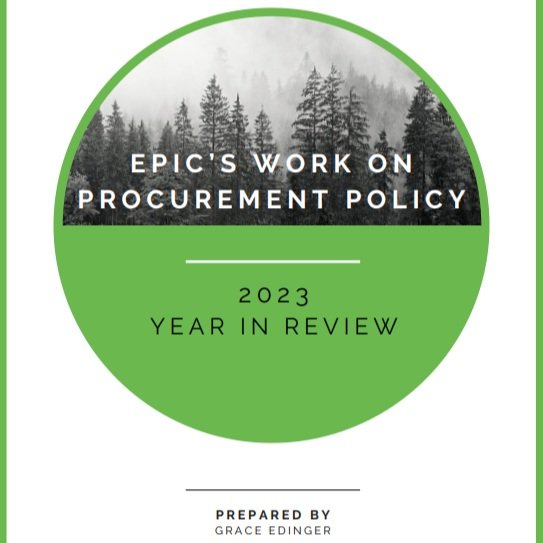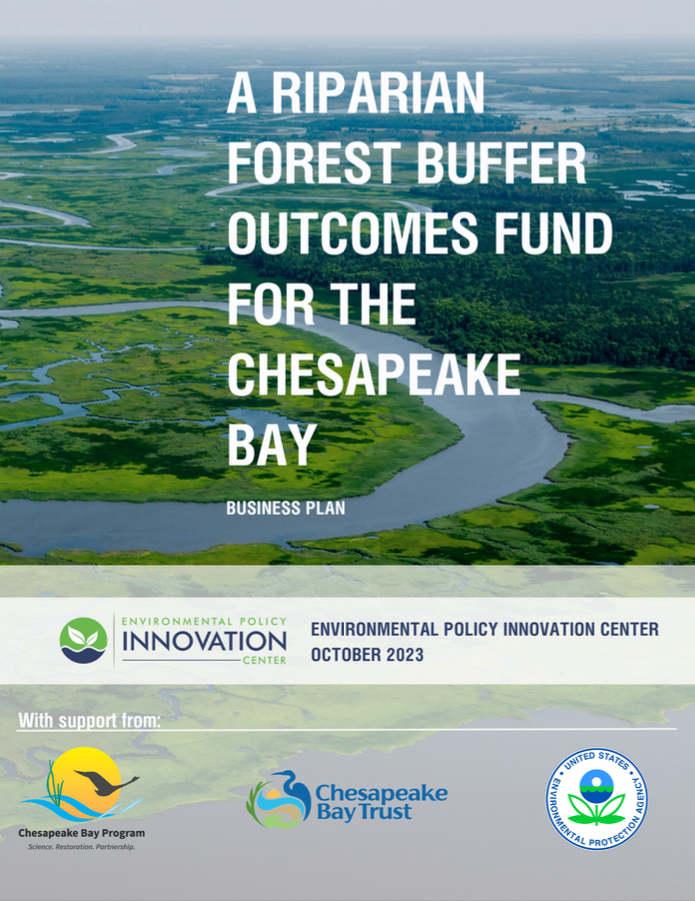Discover More

Turning Pay for Success Theory into Practice: Imagining the Future in Milwaukee

Addressing GSI Challenges and Opening Up Opportunities with a Pay for Success Model

Stormwater Incentive Programs: Keys for Success
Stormwater Incentive Programs are important tools to address stormwater runoff from private property. Numerous examples exist, and they vary in their benefits and challenges.

Pennsylvania’s Utilization of the Abandoned Mine Lands (AML) IIJA Funding

Nosferatu isn’t the only vampire lurking around: The vampires skulking in the shadows of environmental procurement

Building a Thriving Biodiversity Credit Market

Over $65M Requested in SIPPRA Pay for Success Applications

A Revolving Loan Fund Could Help Protect Watersheds, Biodiversity and Public Access in America’s National Forests

New Paper: Optimizing Payment Schedules in Pay for Success Contracts

A Balancing Act: Optimizing Payment Schedules in Environmental Pay for Success Contracts

Unlocking Pay for Success for Environmental Outcomes: Answering the Top FAQs

New bill aims to improve USACE Environmental Mitigation

How Government Grants Can Use Innovative Contracting Methods to Open Rivers for Fish

Opportunities for Washington State to adopt Pay for Success

Action Alert: Virginia’s Pay for Success Pilot Program

ICYMI: A Recap of our 2023 Procurement Policy Work

The Golden Rules of Pay for Success Procurement

A riparian forest buffer outcomes fund for the Chesapeake Bay

Improving a Program that Works: Prioritizing New Jersey Water Bank Projects in Disadvantaged Communities
This report, published with New Jersey Future, looks at the New Jersey Water Bank (NJWB), which has provided over $9 billion in low-cost financing for water and wastewater infrastructure projects in the state. The report analyzes NJWB awards (i.e. low interest loans and principal forgiveness) over a 5-year period and also assesses the underlying policies governing how New Jersey defines disadvantaged communities.
The report’s ten recommendations would increase the equity and effectiveness of the NJWB program and ensure that communities with the greatest needs receive adequate assistance.


